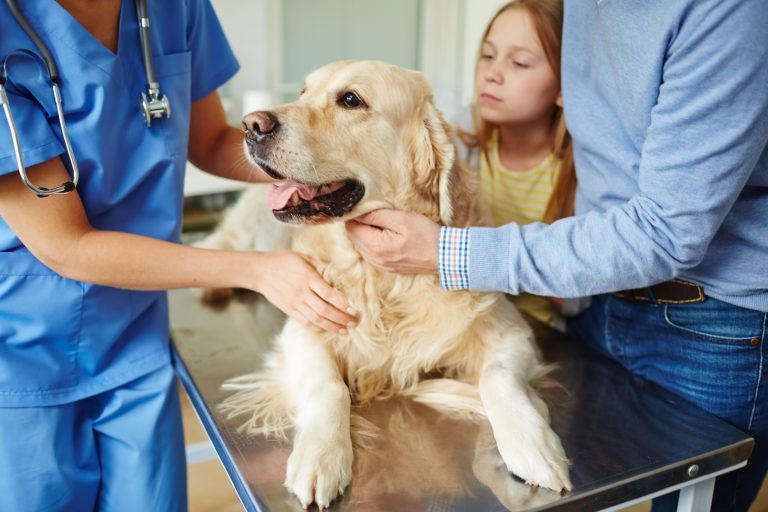2 Apr 2024
Potential impact of Competition and Markets Authority review and its aftermath was picked up extensively by speakers during BSAVA Congress.

The Competitions and Markets Authority received an "unprecedented" response to its review into the sector, and is now consulting on further investigations. Image: © pressmaster / Adobe Stock
Fears have been raised that some procedures could be lost to the veterinary sector amid a renewed focus on pricing following a recent regulatory review.
A consultation process, launched after the Competition and Markets Authority (CMA) outlined plans for a full investigation of companion animal services, is due to end next week.
But despite hopes that the process could finally facilitate vital legislative change, several speakers recognised the potential impact of both the review and its aftermath during the annual BSAVA Congress in Manchester.
VetLessons founder Mike Farrell argued owners would increasingly question the cost of tests and scans, both following the publication of the authority’s initial findings last month and due to comparisons with equivalent costs in human health care.
Speaking during a panel discussion on treatment options for pets living with OA, he also questioned whether tests that are deemed to be too expensive are actually being performed frequently enough.
He added: “We’ve got to be careful about pricing taking away the option of diagnostic tests.”
Several delegates who spoke to Vet Times during the three-day event agreed with the idea that the sector was “reeling” from the review published on 12 March.
At the time of its publication, the CMA reported its call for evidence had attracted a record response from more than 56,000 people, including around 11,000 veterinary professionals, but during a discussion of practice culture on the first morning of the congress, veterinary business consultant Alan Robinson sought to reassure attendees that the owners who had responded were actually “a very, very small minority” of the total population who share their lives with a pet.
He insisted that the review process had been “valid”, but echoed the concerns of many in the sector about what he described as the “invalid” media coverage that had resulted from it.
Further recognition of the challenges posed by the process was provided in a presentation exploring how complaints can be resolved more effectively by the head of the Veterinary Client Mediation Service (VCMS), Jennie Jones.
She told delegates the group had dealt with more complaints than ever before during 2023, achieving an 82 per cent resolution rate, and has now worked on more than 20,000 cases since it was formed in 2016-17.
Mrs Jones said she recognised it was “tough out there at the moment” for veterinary teams as she argued that early clarity on service pricing should itself be seen as a form of compassion for pet owners.
She said: “The earlier we can have those clear conversations the better. They may be bumpy, but they lead to better decisions.”
However, the CMA’s suggestion that veterinary sector regulation may no longer be fit for purpose has revived hopes that the process may finally herald long-sought legislative reform.
The issue was among the items under discussion during a webinar hosted by Vet Times, in collaboration with the BVA and CloserStill Media, ahead of the congress on 19 March.
BVA senior vice-president Malcolm Morley predicted successor legislation to the current Veterinary Surgeons Act could be on the statute book within three years, while RCVS president Sue Paterson declared herself “even more impatient” on the issue.
She said: “If it allows us to get a new Veterinary Surgeons Act, that would just make everything so much better.”
Interested parties have until 5pm on Thursday 11 April to take part in the current CMA consultation.
Submissions should be emailed directly to [email protected]
Although no timetable exists for a decision on whether to proceed, any investigation, including a final report, must be completed within 18 months unless “exceptional circumstances” are identified.